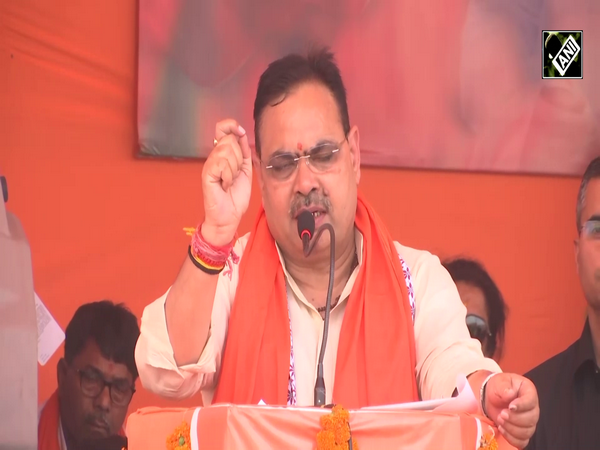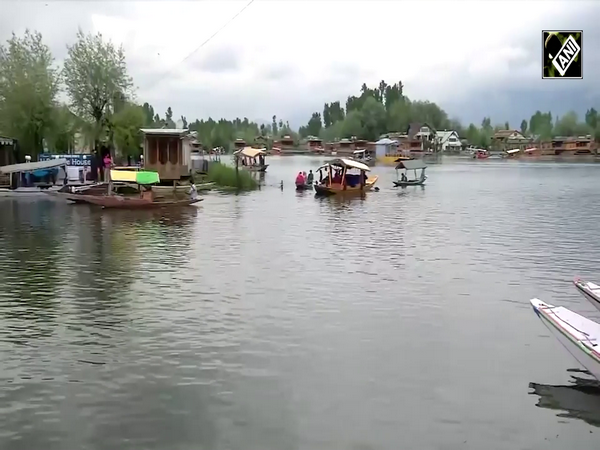Pakistan witnesses unprecedented rise in attacks and arrests against Shia minority, says report
Mar 18, 2022

Islamabad [Pakistan], March 18 : Pakistan has witnessed an unprecedented rise in attacks and arrests against its Shia minority, who make up between 15 per cent and 20 per cent of the Sunni-majority country, a media report said on Thursday.
The Pakistani police have launched a religious crusade of sorts against Shia Muslims. Only last week, in Punjab, "police beat up and arrested 22 Shia Muslims, including seven women, who were taking part in a ceremony to mark a Shia martyr". And now, the Islamic State terrorists have joined the fight against them, Islam Khabar reported.
The Islamic State Khorasan (ISIS-K) took responsibility for a devastating attack at the Shia mosque of Koocha Risaldar in Peshawar on March 4 that left more than 60 people dead, the report said citing a translation of an ISIS statement by the SITE Intelligence Group.
The Islamic State is a Sunni Muslim terrorist group. It considers Shias heretics and has claimed several previous attacks in Pakistan but the Shia mosque bombing is the biggest and the deadliest yet, the report said.
The anti-Shia Muslim campaign first began gathering pace on social media last September, demanding that Shia Muslims were declared heretics. The hashtag "infidel, infidel, Shias are infidel" began trending. The same month, Sunni Muslims took out a massive procession in Karachi calling for the beheading of the "heretic" Shias, the report further said.
Many Shia families and prominent people among them have gone into hiding after they were named as targets for assassination on the charge of blasphemy. Blasphemy is a capital offence in Pakistan and even unsubstantiated allegations can lead to mob violence and lynchings against the accused.
At the forefront of the anti-Shia campaign in Pakistan are two hardline Sunni Muslim groups, Ahl-e-Sunnat-Wal-Jamaat (ASWJ) and Tehreek-e-Labbaik Pakistan (TLP). ASWJ had previously been banned in Pakistan under the Anti-Terrorism Act before it was lifted in 2018 but is still globally considered a terrorist organisation. Sectarian persecution of Shia Muslims has been a long-running fracture in Pakistan, exacerbated by the proxy wars fought on Pakistan soil by Sunni-majority Saudi Arabia and Shia-majority Iran, as well as the US's 'war on terror', according to reports.
The Taliban has added another complication for Pakistan. After assuming power in Afghanistan, the Taliban have launched an operation to wipe out ISIS-K from the country. That has forced the fighters of the terror group to cross the border into Pakistan to take shelter. That is largely how they end up in Peshawar where they are now carrying attacks against Shias.
Growing anti-Shia terrorist attacks by Islamic State Khorasan (ISIS-K) has left Pakistan literally clueless on how to handle the situation which, the international community is quick to point out, is mostly its own doing by trying to develop relations with terror groups antagonistic to one another as a matter of policy, the report said.




















